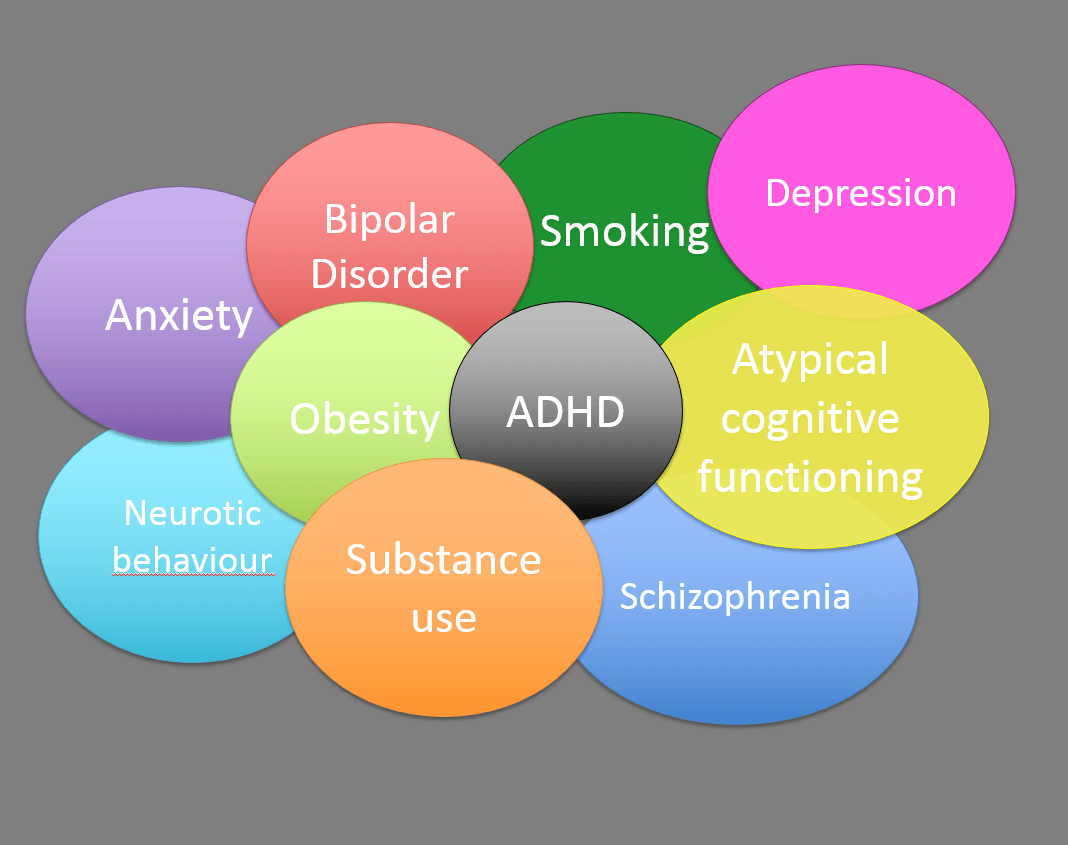
Dr. Daniel Geschwind is a senior author of two of 10 new studies that provide comprehensive data on the molecular workings of the brain.
UCLA researchers, in global collaboration, gain new understanding of brain architecture of autism, schizophrenia
Since the completion of the groundbreaking Human Genome Project in 2003, researchers have discovered changes to hundreds of parts of DNA, called genetic variants, that are associated with autism spectrum disorder, schizophrenia and other psychiatric diseases. Now, a new, large-scale study has linked many of those changes in DNA to their molecular effects in the brain, revealing for the first time mechanisms behind those diseases.
In 10 studies published today in Science and two related journals, UCLA researchers and collaborators from more than a dozen other institutions around the world provide a comprehensive data set on the molecular workings of the brain. The findings offer a roadmap for development of a new generation of therapies for psychiatric conditions.
“This work provides several missing links necessary for understanding the mechanisms of psychiatric diseases,” said Dr. Daniel Geschwind, a senior author of two of the papers, and the Gordon and Virginia MacDonald Distinguished Professor of Human Genetics at the David Geffen School of Medicine at UCLA.
During the past decade, scientists have compared the genetics of people with psychiatric diseases with those of healthy individuals, seeking genes that have different sequences between the two groups. Often, however, the findings raised more questions than answers. Scientists not only discovered genes linked to the diseases, but they also uncovered hundreds of areas of DNA found in between genes, called regulatory DNA, that also seemed to have an association.
Scientists know those sections of DNA can control when, where and how genes are turned on and off. But figuring out which regulatory region affect which genes — and therefore the RNA and proteins encoded by those genes — is not straightforward.
In 2015, researchers from UCLA and other institutions from around the world came together in a multidisciplinary group called the PsychENCODE Consortium to study in more detail the brain’s regulatory DNA. An earlier project, known as ENCODE, already had uncovered the roles of sections of regulatory DNA, but it was clear that those roles might be different in the brain than in other organs.
To date, PsychENCODE has analyzed not just genetic variants linked to psychiatric diseases, but also patterns of RNA and proteins in 2,188 brain tissue samples from people with and without psychiatric disorders.
In one of the new papers, Geschwind and collaborators write that the new data helps explain the roles of tens of thousands of sections of regulatory DNA in affecting RNA and proteins in the brain. The data also reveals which genes are most often expressed at the same time as each other, suggesting new biological processes and pathways. The data set — essentially a detailed model of the molecular workings of the human brain — is now available to other scientists as a starting point for research on the mechanisms of disease and potential drug targets.
“This resource is so vast that you can start by choosing an interesting disease-associated genetic variant and begin digging into that and discovering how it impacts molecular networks in the brain,” Geschwind said. “Having robust data of this scope provides a foundation for countless new studies.”
In a second paper, Geschwind, first author Dr. Michael Gandal, assistant professor of psychiatry and biobehavioral sciences at the Geffen School of Medicine, and other collaborators studied nearly 1,700 samples of brain tissue from multiple brain banks around the country; they discovered thousands of RNA molecules that are either spliced differently — with different sections of genetic material — or present at higher or lower levels in the brains of people with autism spectrum disorder, schizophrenia and bipolar disorder.
“You can’t look at the brain under a microscope and see substantial differences in these disorders,” Gandal said. “But we’ve now shown that if you look finely at patterns of how genes are expressed, you see pathways [the communication paths that neurons travel] that are clearly dysregulated.”
Among the surprises in the data is that altered levels of RNA appear to be linked to changes in the brain’s immune system in people with schizophrenia, autism spectrum disorder and bipolar disorder.
The study also showed the importance of considering which individual cell types within the brain were involved when parsing the RNA data. In some cases, alternately spliced RNA was linked to disease but only when the RNA was found in certain cell types and not others. Finally, new genes were implicated in the diseases based on the RNA results; five were linked to autism spectrum disorder, 11 to bipolar disorder, and 56 to schizophrenia.
In addition to the compelling findings already revealed based on the new data, Gandal said he is even more optimistic about what the data will help researchers do in the future.
“This is the tip of the iceberg,” Gandal said. “The ability to compile together 2,000 brains has been revolutionary in terms of revealing new genetic mechanisms, but it also points to how much we don’t know.”
Learn more: Scientists discover genetic ‘missing links’ underlying mechanism of psychiatric diseases
The Latest on: Psychiatric diseases
[google_news title=”” keyword=”psychiatric diseases” num_posts=”10″ blurb_length=”0″ show_thumb=”left”]
via Google News
The Latest on: Psychiatric diseases
- On Long Island, the need for mental health services, advocacy continues to growon April 26, 2024 at 9:14 am
The need for mental health services on Long Island and across the country continues to grow. More than half of all Americans are living with a mental health disorder, according to the U.S. Centers for ...
- Air pollution’s dual threat: poor mental health and heart diseaseon April 26, 2024 at 2:54 am
Research presented at ESC Preventive Cardiology, a scientific congress of the European Society of Cardiology, today links air pollution with stress and depression, which is putting people under 65 at ...
- Males With Hemophilia A Report Physical, Mental Burdens of Disease Regardless of Severityon April 25, 2024 at 11:10 am
Self-reported data from adult and pediatric males with hemophilia A show that burden of the disease persists regardless of severity, highlighting a need for improved prophylactic treatment.
- Research finds physical activity in nature helps prevent several diseases, including depression and type 2 diabeteson April 25, 2024 at 10:07 am
Physical activity in natural environments prevent almost 13,000 cases of non-communicable diseases a year in England and save treatment costs of more than £100m, new research from the University of ...
- Genetic Defences Against Alcohol Linked To Heart Disease And Mental Health, Study Findson April 25, 2024 at 9:44 am
A comprehensive exploration of 3 million records has unveiled significant connections between gene variants influencing alcohol use and a range of non-alcohol-related health conditions.
- Scientific Breakthrough Could Tackle Depression and Heart Diseaseon April 24, 2024 at 9:00 pm
However, the latest research suggests both diseases have a genetic link. Do you have a tip on a science story that Newsweek should be covering? Do you have a question about mental health? Let us know ...
- Opioids during pregnancy not linked to substantially increased risk of psychiatric disorders in childrenon April 24, 2024 at 3:30 pm
Opioid use during pregnancy is not associated with a substantial increase in the risk of neuropsychiatric disorders such as ADHD in children, finds a large study from South Korea published by The BMJ ...
- Jury Deliberates on Joshua Scolman’s Mental Disease Claim in GBCI Racial Inmate Murderon April 24, 2024 at 12:38 pm
GREEN BAY, WI (WTAQ-WLUK) – Joshua Scolman was convicted of the racially-based murder of another inmate at the Green Bay Correctional Institution. Now, it’s up to the same jury to decide if he ...
- Ashley Judd says late mom Naomi Judd's mental illness 'stole from our family'on April 24, 2024 at 9:43 am
Ashley Judd made an appearance at the White House in support of new suicide prevention initiatives nearly 2 years after mother Naomi Judd's death.
- Ashley Judd Says 'Undiagnosed' Mental Illness 'Stole' Mom Naomi Judd Ahead of Second Anniversary of Her Deathon April 24, 2024 at 5:54 am
Ashley Judd shared her mother's mental health story while at the White House to promote the Biden Administration's newly formed National Strategy for Suicide Prevention on April 23. The actress said ...
via Bing News







